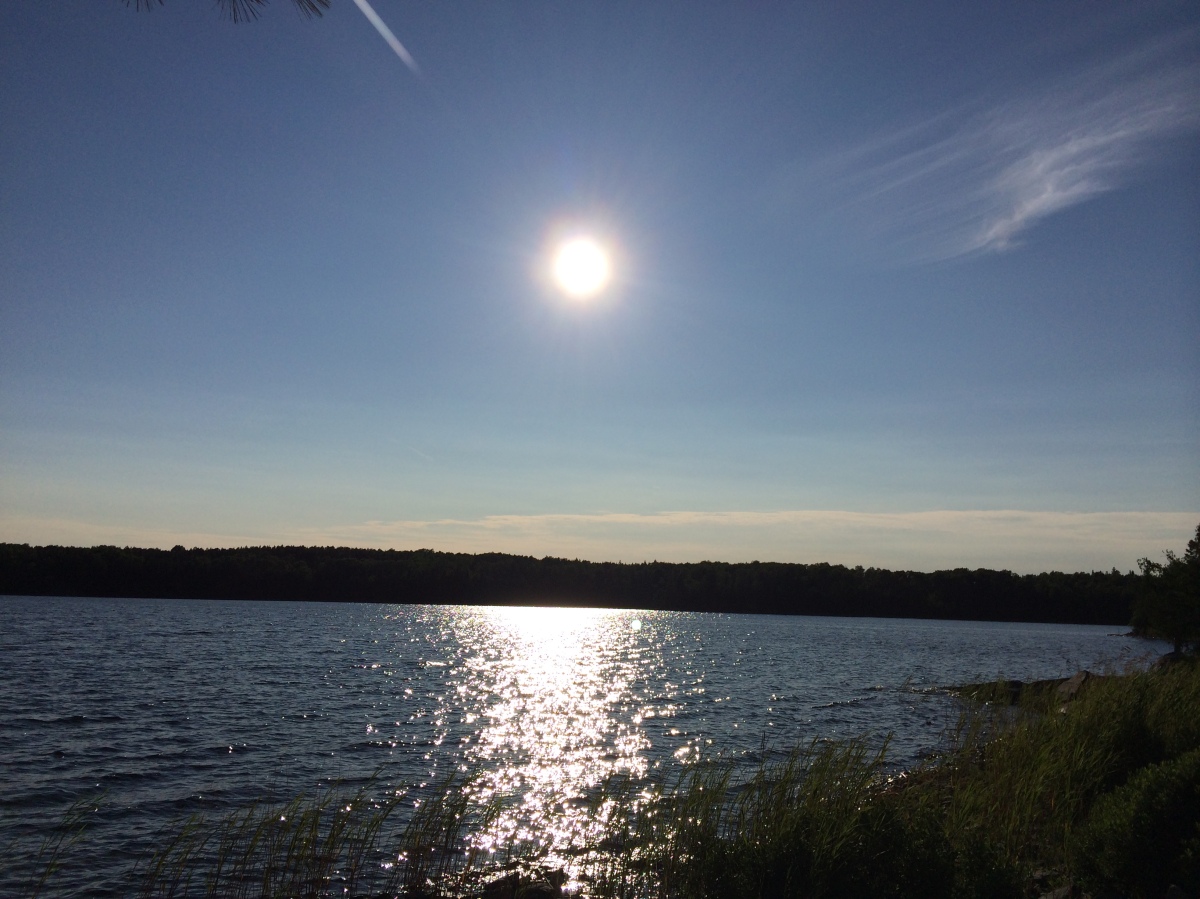In its purest form, an end is exactly that. Ideally, as soon as a major change occurs or a new hand is dealt, the last is forgotten. Most ends aren’t so pure, and the greatest difficulties stem from the rejection of all things new, and beginning on September 11, 2015, all I wanted was the old.
I tend to poeticize life, usually to a fault. I’m aware that it only makes matters worse, and internally and externally I know that it is a mechanism to give meaning to change, a self-imposed conundrum which confuses and contorts emotions to the point of incomprehensibility. I don’t even know how I feel right now. And that will probably change entirely in five minutes.
The past few days have been a spiral, upward and downward. I’ve dissected too many meaningless, arbitrary occurrences to actually know what is real.
I tend to poeticize life, but it’s been kind of hard not to lately.
The shirt I wore when we last hung out was the one I wore on our first date. When we got to the subway station afterward, I went south and you went north. As I approached the platform, the train sped by, and through the rapidly moving windows I had an uninterrupted view of your face. It started to rain the next day when you told me, and my favourite song was playing in the background, a song that I put on the first C.D. I made for you.
It’s a dizzying feeling, to lose something or someone you were once sure of. The blame–though I don’t truly believe I deserve it—is continually placed square upon my shoulders. I am overcome with a sensation of nothing and everything and it’s overwhelming. Outbursts happen, I say and type things I regret, but mostly, in a city full of faces you see once and then never again, I am alone.
There are, of course, a handful of people here who really care about me. There is no denying that. But on a weekend like this, in a city like this, it’s easy to forget and it’s even easier to feel forgotten.
I wander a lot here, sometimes with direction, but often aimlessly. When life has slammed me to the pavement in the past, I found solace in my friends and in her. I found comfort in knowing that I had no control. And though, here and now, I again likely had no control over this outcome, I still felt responsible.
So I walked for hours, thinking of how not to think. When my mom died, I went to sleep. I knew that if I stayed up or changed my bedtime ritual, I’d never sleep the same again. I flipped on an episode of Arrested Development from the box set she bought for me a month earlier, and fell asleep to the voice of Jeffrey Tambor and to the image of a jean-shorted David Cross crying in the shower.
That was obviously much worse, the feeling then, but I had no control. Here, I felt like I had lost something I had worked hard for. I wandered aimlessly more and found myself in a theater on Bloor Street, and I bought a ticket to see “The End of the Tour,” a film about David Foster Wallace, a writer consumed by self-consciousness and loneliness, and David Lipsky, a journalist wholly defined by public perception, fear and nervousness. If ever a movie fit a day, this was it.
In his portrayal of Wallace, Jason Segel, an actor most people know as funny, was just that. But he also dug deep and encapsulated the anxieties of being famous and the anxieties of being. He represented emptiness amid fullness, and showed that even a good person could feel alone in a room full of people singing his praises. Wallace is profiled by Lipsky, played by Jesse Eisenberg, who reads deeply into Wallace’s mannerisms and eloquence. He falls in love with the idea of becoming Wallace, which momentarily destroys whatever rapport he had created with the “Infinite Jest” author during their time together.
As Lipsky follows Wallace, he learns that everything he had once wanted is quite different than expected. Most of all, Lipsky just wishes he had the same type of adoration that Wallace has received from national media and fans.
When I watched them, I was Wallace and I was Lipsky. I wanted the big paycheck and I wanted the joy and I wanted to be loved. I wanted to be left alone and I wanted the solitary sadness and I wanted to be treated as who I was and to be treated as a person. I wanted everything, like Lipsky, and I wanted nothing, like Wallace did on the surface.
This film was the Arrested Development of my latest downfall. It reminded me, albeit for a moment, that all people have these overtly dramatized crises of consciousness. I learned that wanting to be alone and wanting to be surrounded could be necessary in the same moment.
Unlike my skewed catastrophic tirades and my lyrical treatment of the emotions that dominated me, this film was not poetic. It was realistic, and it showed that even those moments and occurrences that seemed so meaningful might be the opposite and that the things I saw as normal were the beautiful ones.
I still wish this never happened and I still feel aimless and lost. But for one hour and 46 minutes, I was watching a movie. And for one hour and 46 minutes, I nearly forgot.
[I’m a little lost without you…]

